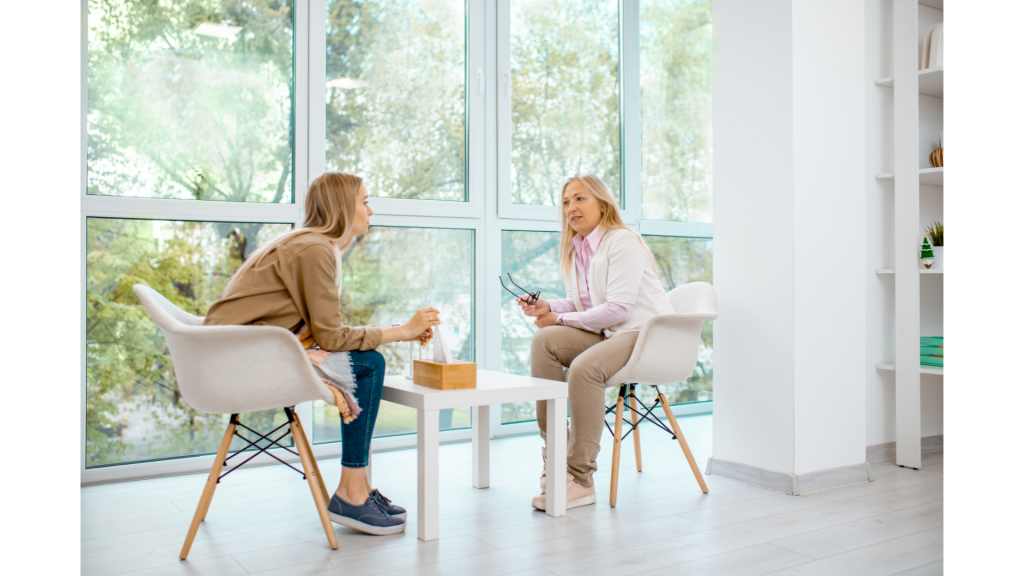When I work with people with anxiety, people often say that one or both of their parents or brothers or sisters are anxious. It makes sense to the person that maybe anxiety is just in their family – it is in the genes.
My concern is that if the person accepts that it is part of the family, there does not appear to be much control for the person to do something about it if they believe it is in their genes.
Anxiety Course

Online CBT course for Anxiety
Is anxiety hereditary?
I prefer to think that we can “learn” to be anxious. This gives much more control. If we can learn to be anxious, we can unlearn it.
How can we learn anxiety from parents or caregivers?
A baby’s early experience is crucial to their emotional development and nervous system development. For the point of this article, you can think of the nervous system as a thermostat for what you are feeling.
In an ideal situation, if the baby is crying, they are already distressed and more aroused (stress) from their nervous system. If their parent responds to this distress calmly and meets the child’s needs, the baby will quickly calm down. They will move from distress to calm from high arousal to low arousal. You can think of this as moving from a stress response to a relaxation response.
If the baby is crying in another situation and the parent is feeling under pressure and stress, the baby may pick up on this. The parent, doing their best, may pick up the baby but pace up and down quickly or bounce the baby on their knee with too much gusto. Rather than calm the child, the arousal might increase – they may feel more stress before they feel calm.
Over time, if this is repeated, the baby will learn distress means slightly more distress. Their nervous system will adapt to their environment. You can think of this crudely as stress is met with more stress.
What does this mean for us as adults?
The chances are the adult may have difficulty helpfully responding to stress. They may feel more arousal in their body than is necessary. Stress is met with more stress.
The good news is you can change this.
We now know that we can change how we habitually respond to stress. We can teach ourselves to induce a relaxation response, which induces calm in the body and brain.
This is very important, as some of us must be taught how to regulate our emotions. How to be able to calm ourselves and move quickly from distress to calm – basic self-soothing principles
